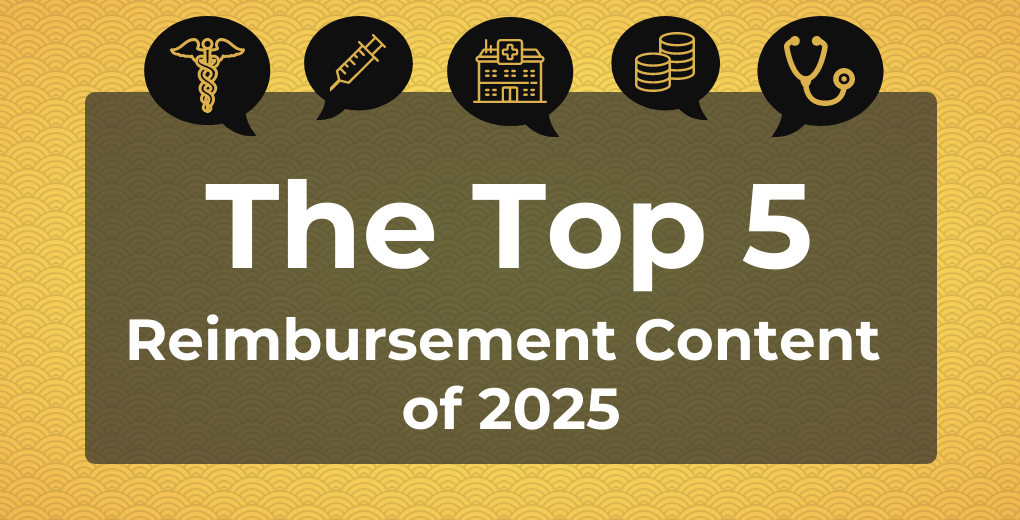
Payers
Latest News

Latest Videos

Shorts

Podcasts
CME Content
More News

Experts discuss the evolving dynamics between payers and providers in oncology, emphasizing value-based care, data transparency, and collaborative reform opportunities.

Oncology leaders warn that declining reimbursements and policy gaps threaten patient access and drive inequities in cancer care.

Onasemnogene abeparvovec-brve is now the first gene replacement therapy approved for spinal muscular atrophy in patients 2 years and older.

Utilizing the Health Insurance Disparities Index for assessment, the authors found that New York’s Medicaid health maintenance organizations (HMOs) outperformed Medicaid HMOs nationally in addressing health care disparities from 2019 to 2023.

Only 4% of NIH prevention projects target health disparities, revealing a major gap between equity research and real-world implementation.

The White House announced significant drug pricing cuts for GLP-1s for diabetes and obesity for Medicare and Medicaid beneficiaries and on TrumpRx.

Experts at AMCP Nexus 2025 highlighted how real-world data can improve CAR T-cell therapy access and outcomes.

A multidisciplinary approach that includes addressing social determinants of health reduces time to remission despite higher initial costs.

Payers cited high upfront costs, long-term uncertainty, and narrow coverage criteria as factors continuing to limit access and reimbursement innovation.

Allergen immunotherapy was associated with reduced medication use and improved asthma control for up to 9 years.

Expanding clinical trial eligibility in slow-developing follicular lymphoma enhances patient access to innovative therapies and addresses healthcare disparities.

The study confirms that biologics are highly effective in real-world HS management, and highlights the need for a comprehensive treatment strategy considering both skin symptoms and systemic health.

John Byrnes of Banner|Aetna emphasizes collaboration and data-driven strategies to enhance care quality, access, and affordability in health care.

This case study describes Tennessee’s process for convening key stakeholders to develop uniform payment guidelines to encourage increased preventive service delivery.

To mark the 30th anniversary of The American Journal of Managed Care, each issue in 2025 includes a special feature: reflections from a thought leader on what has changed—and what has not—over the past 3 decades and what’s next for managed care. The September issue features a conversation with Dora Hughes, MD, MPH, chief medical officer and director of the Center for Clinical Standards and Quality at CMS.

A new joint guideline from the American Heart Association and the American College of Cardiology emphasizes early treatment, close perinatal blood pressure monitoring, and incorporating the PREVENT risk calculator to personalize care.

Patients with severe sickle cell disease experienced significant quality of life improvements after receiving exagamglogene autotemcel gene therapy.

Targeted “Food is Medicine” interventions can help individuals with diet-sensitive chronic conditions improve their health, but nationally representative survey and qualitative interviews showed low awareness despite high interest among respondents.

Given the track record of good outcomes and savings, policy leaders must do more to promote growth of for-profit PACE programs, the author asserts.

The FDA approved zopapogene imadenovec, the first therapy for recurrent respiratory papillomatosis, providing an option beyond repeated surgeries to manage the rare condition.

Children with spinal muscular atrophy (SMA) showed motor function improvements after switching to onasemnogene abeparvovec following prior treatment with nusinersen or risdiplam in a real-world study.

DYNE-251 received FDA breakthrough therapy designation, showcasing its potential for patients with Duchenne muscular dystrophy (DMD).

This retrospective analysis explored the impact of infertility health benefit design on the use of infertility medications and procedures and pregnancy outcomes.

Taletrectinib was added to the National Comprehensive Cancer Network (NCCN) Clinical Practice Guidelines in Oncology as a preferred option for the first-line and subsequent treatment of advanced ROS1-positive non–small cell lung cancer (NSCLC).

A new survey reveals widespread consumer frustration with prior authorization, highlighting the need for urgent reform in insurance coverage.























